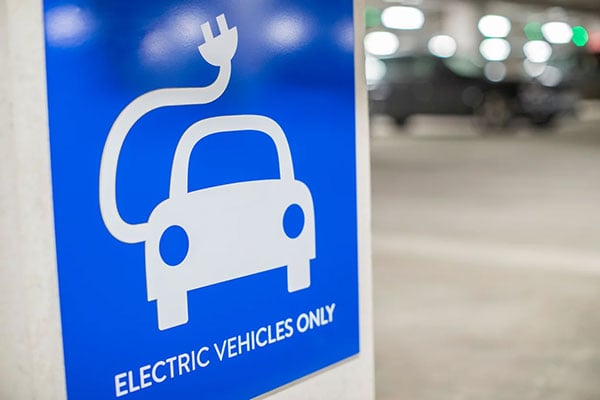More and more people are choosing to buy electric vehicles. With the announcement that Tesla will drop prices significantly on some models, this is only going to increase.
Electric Charging Stations
Most electric car owners own their own homes, and relatively few live in condos with shared parking areas. However, this could change as electric cars become more common. In fact, some jurisdictions have passed "right to charge" laws - Florida, California, Colorado, Ontario, and Oregon all have such laws on the books - which are designed to prevent HOA and condo boards from preventing residents from installing charging stations. They do not, however, necessarily require condo associations to provide charging points. For example, the California law says that HOAs cannot prohibit or unreasonably restrict installation or use of charging stations. Some cities, including Boston, also have right to charge laws on the books.
The Details
Therefore, condo associations should check the law in their area to find out what they are required to do. There are a number of questions associations might have when it comes to charging stations, and two essential approaches to providing them.
One approach is to wait until an owner or resident requests a charging station and then allow them to install one in their own designated parking space. The other is to provide charging stations as a community amenity.
In the first instance, the resident can be reasonably expected to pay for the costs of installing the station. You should require them to use a smart charger that meters the amount of electricity used so they can be charged automatically for the extra power they are using. The downside is that this can result in charging stations being placed in an ad hoc way. You may also need to switch parking spaces so that the people requesting the charger have a space against a wall. If you start getting a lot of demand, then you may need to upgrade your electrical systems. Some condo associations deal with the cost by splitting it between the people who have requested chargers.
If you have difficulty finding a place for the charging stations, then you may feel it is easier to deny them. However, a blanket denial is likely to cause problems in the long term (or even, the way things are going, the medium term).Community Charging Stations
The second approach is to provide community charging stations. This tends not to scale as well as permitting installations at each parking space, but if your demand is relatively low, then it can work. You can consider providing stations in guest parking spaces (especially if guest parking is seldom utilized) or in specialist parking spaces for amenities. Although low speed chargers are cheaper, you may find that fast charging stations are an attractive amenity, especially in green-oriented states such as California.
One thing to bear in mind is that electric charging stations could improve property values. If the designated parking space with the charger stays with the unit, then it can increase the price the resident is able to get when they move out. Higher value condos are still more likely to get requests, but as Tesla and other brands increase their offerings and lower prices, then things are definitely going to change.
Liability
Another question you might have is liability for charging stations. The answer here is that if an owner installs a charger in their space, then they can and should be required to ensure their liability insurance covers any problems, such as a fire from a malfunctioning charger. If you are putting in community charging stations, then you need to check your own liability insurance. The liability for problems goes with the person who decided to have the charger installed.
Condo associations need to address the electric charging situation, preferably without issuing denials. It is likely that in the future most locations will have right to charge laws and, not long after that, charging stations will become as required an amenity as the pool.


